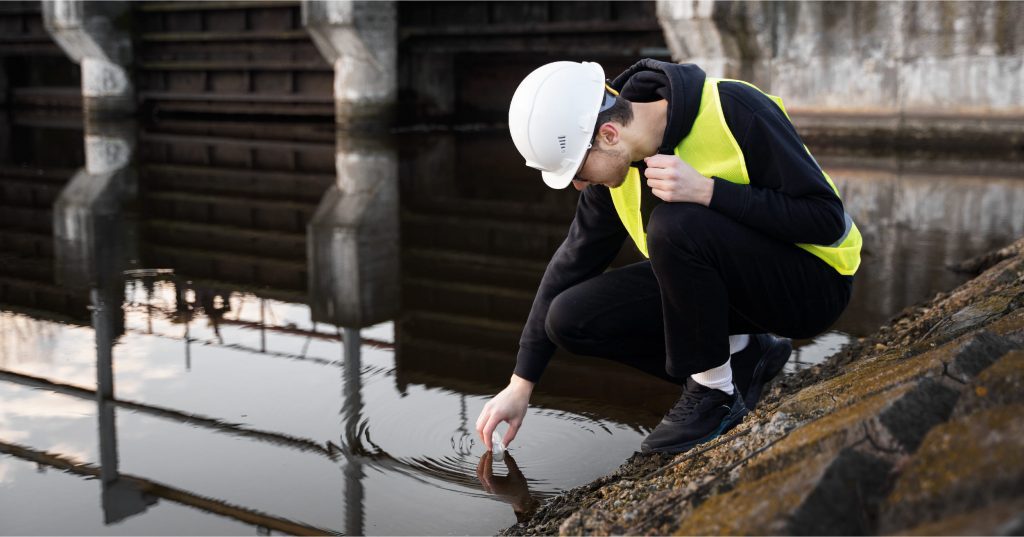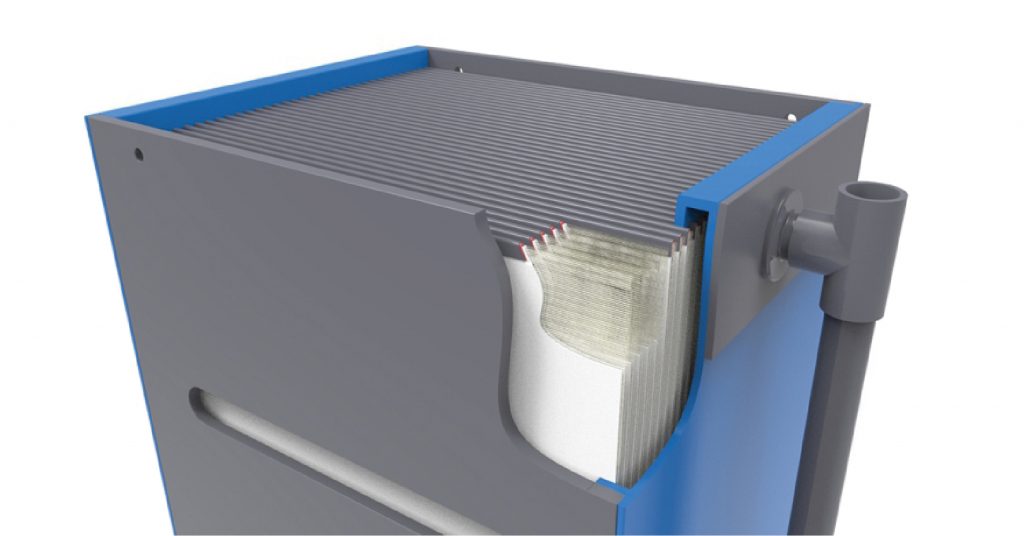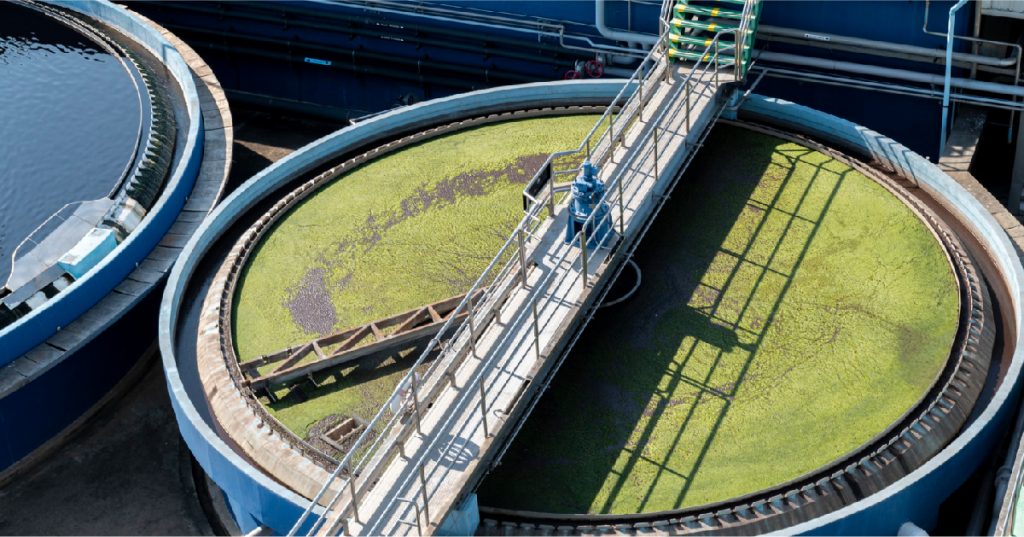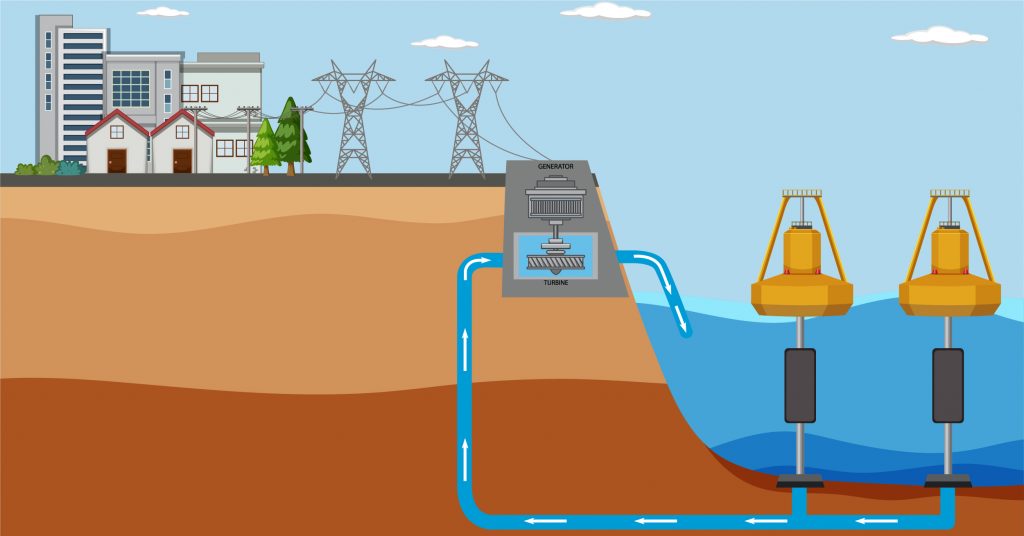Water is an essential resource, but in many parts of India, the quality of water can be a concern. One of the most common issues faced is hard water. The presence of high mineral content, particularly calcium and magnesium, makes the water “hard,” which can lead to several problems in both domestic and industrial settings.
In this blog, we will explore the softening of hard water, the methods used to achieve it, and the benefits of improving water quality in India.
Table of Contents
ToggleWhat is Hard Water?
Before diving into the softening process, it’s important to understand what hard water is. Hard water contains high levels of dissolved minerals, mainly calcium and magnesium. These minerals are typically picked up by water as it flows through limestone, chalk, or gypsum deposits in the earth. While hard water is generally safe to drink, it can cause several issues such as scale buildup in pipes, reduced efficiency of water heaters, and interference with soap and detergent performance.
In India, hard water is prevalent in many regions due to the geological composition of the land. Areas with abundant limestone deposits tend to have higher levels of calcium and magnesium in their water. Consequently, finding effective solutions for the softening of hard water has become increasingly important.
What is the Softening of Hard Water?
Softening of hard water is a process that removes or neutralizes the minerals that cause water hardness, primarily calcium and magnesium ions. By softening the water, the mineral content is reduced to a level that prevents scale formation and makes the water more suitable for use in domestic, industrial, and commercial applications.
There are various methods used for softening hard water, but the most common and effective technique is the ion exchange method. This process not only improves water quality but also enhances the performance of water-based appliances and systems.
Methods of Softening Hard Water
- Ion Exchange Method
The most widely used method for softening hard water is the ion exchange method. This process involves replacing the hardness-causing minerals in the water, such as calcium and magnesium, with sodium or potassium ions. In a typical ion exchange system, water flows through a resin bed that contains sodium or potassium ions. The resin exchanges the calcium and magnesium ions in the water with sodium or potassium ions, effectively softening the water. - Reverse Osmosis (RO)
Reverse osmosis is another water treatment method used to soften hard water. While it is not as focused on ion exchange, RO systems filter out a wide range of impurities, including calcium and magnesium ions. This process is effective in reducing water hardness, but it also removes other essential minerals, which may not always be desirable. - Lime Softening
Lime softening is a chemical process that involves adding lime (calcium hydroxide) to the water. The calcium and magnesium ions react with the lime to form insoluble compounds, which can then be removed through filtration. While this method can be effective, it requires careful control of chemical dosage and is typically used in large-scale water treatment plants. - Chelation
Chelation involves using chemicals that bind to calcium and magnesium ions, preventing them from forming scale. Although it can help in some situations, chelation is less effective in larger volumes of water compared to ion exchange.
Benefits of Softening Hard Water
The softening of hard water offers several significant advantages, both for households and industries:
- Prevention of Scale Build-Up
One of the most noticeable effects of hard water is the buildup of scale in pipes, water heaters, and boilers. This scale can cause blockages and reduce the efficiency of appliances. By softening hard water, scale formation is minimized, leading to better performance and a longer lifespan for water-based equipment. - Improved Soap and Detergent Efficiency
Hard water reduces the effectiveness of soaps and detergents. When soap reacts with calcium and magnesium, it forms insoluble compounds that don’t lather properly. Softened water, on the other hand, allows soap to work more effectively, leading to cleaner dishes, clothes, and surfaces. - Better for Skin and Hair
Hard water can leave skin feeling dry and hair looking dull due to the minerals in the water. Softened water helps to reduce these effects, leaving skin smoother and hair shinier. - Reduced Maintenance Costs
By preventing scale buildup, softened water helps to reduce maintenance costs for appliances like water heaters, washing machines, and dishwashers. The reduced wear and tear on these appliances leads to fewer repairs and replacements, saving both time and money. - Improved Industrial Efficiency
For industries that rely heavily on water, such as manufacturing and textiles, soft water is essential. Softened water helps to improve process efficiency by preventing scale deposits on machinery and equipment, thus reducing downtime and maintenance costs.
Role of Ion Exchange in the Softening of Water
Ion Exchange offers a comprehensive range of water softener resins under the INDION brand, designed to cater to conventional water treatment needs such as softening, deionization, and dealkalization. Manufactured in automated ISO 9001 and 14001 certified facilities, INDION resins are known for their high capacity, superior durability, and lower rinse volumes, making them a trusted choice for diverse applications. These resins excel in processes like mixed bed and condensate polishing, removal of organics and color, effluent treatment for oil removal, and other specialized water treatment needs.
For softening applications, Ion Exchange provides specialized resins such as INDION 2250 Na, INDION 225 Na, INDION 225 Na F, INDION 222 Na Bl, and INDION 525 Na, offering reliable and efficient solutions for improving water quality across various applications.
Conclusion
The softening of water is a vital component of water treatment systems, ensuring the removal of hardness-causing minerals for enhanced performance and reliability across applications. Understanding what is meant by the softening of water and utilizing effective methods like the softening of water by the ion exchange method is key to overcoming the challenges posed by hard water.
Contact Ion Exchange water treatment experts to discover customized solutions that meet your needs.





